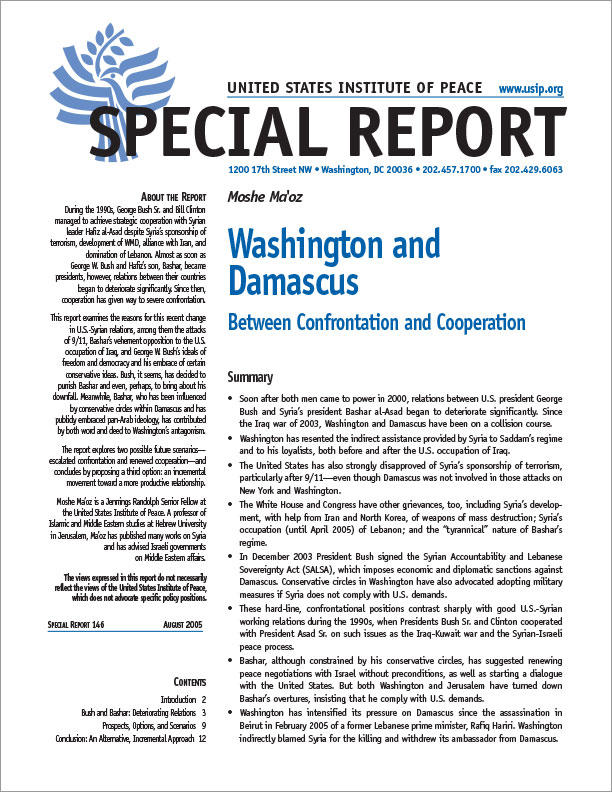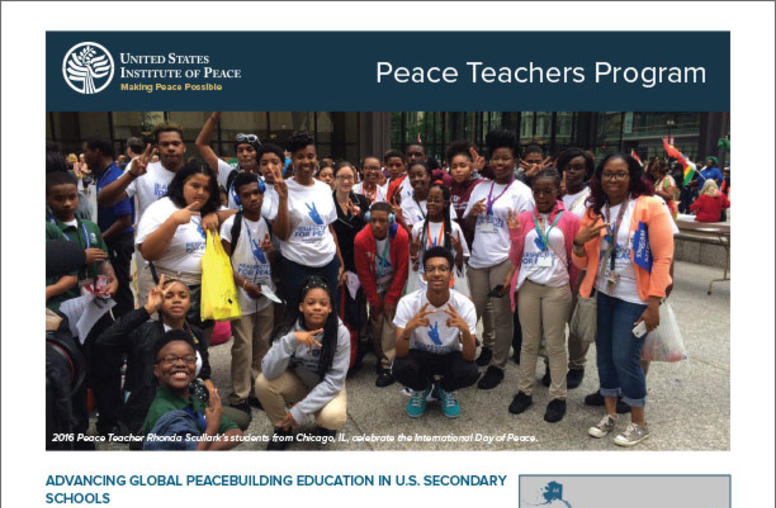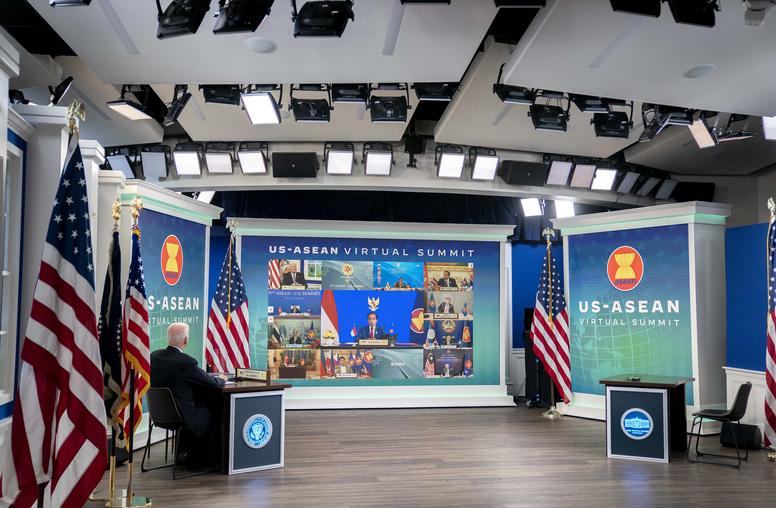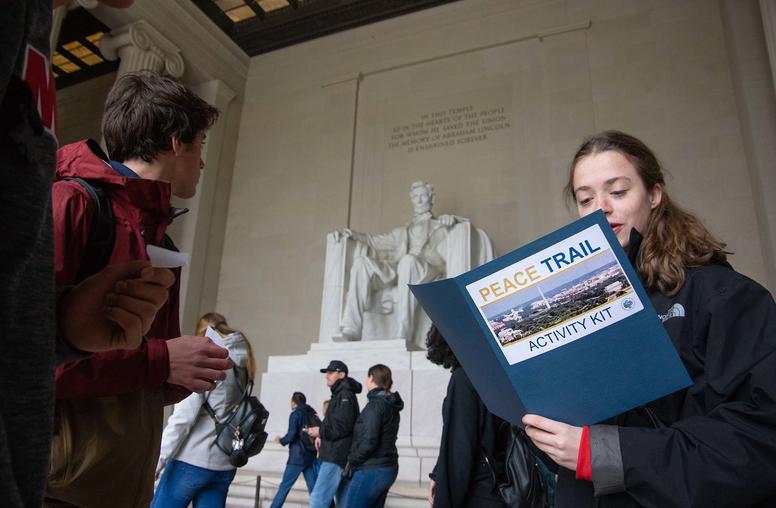Washington and Damascus: Between Confrontation and Cooperation

Summary
- Soon after both men came to power in 2000, relations between U.S. president George Bush and Syria's president Bashar al-Asad began to deteriorate significantly. Since the Iraq war of 2003, Washington and Damascus have been on a collision course.
- Washington has resented the indirect assistance provided by Syria to Saddam's regime and to his loyalists, both before and after the U.S. occupation of Iraq.
- The United States has also strongly disapproved of Syria's sponsorship of terrorism, particularly after 9/11—even though Damascus was not involved in those attacks on New York and Washington.
- The White House and Congress have other grievances, too, including Syria's development, with help from Iran and North Korea, of weapons of mass destruction; Syria's occupation (until April 2005) of Lebanon; and the "tyrannical" nature of Bashar's regime.
- In December 2003 President Bush signed the Syrian Accountability and Lebanese Sovereignty Act (SALSA), which imposes economic and diplomatic sanctions against Damascus. Conservative circles in Washington have also advocated adopting military measures if Syria does not comply with U.S. demands.
- These hard-line, confrontational positions contrast sharply with good U.S.-Syrian working relations during the 1990s, when Presidents Bush Sr. and Clinton cooperated with President Asad Sr. on such issues as the Iraq-Kuwait war and the Syrian-Israeli peace process.
- Bashar, although constrained by his conservative circles, has suggested renewing peace negotiations with Israel without preconditions, as well as starting a dialogue with the United States. But both Washington and Jerusalem have turned down Bashar's overtures, insisting that he comply with U.S. demands.
- Washington has intensified its pressure on Damascus since the assassination in Beirut in February 2005 of a former Lebanese prime minister, Rafiq Hariri. Washington indirectly blamed Syria for the killing and withdrew its ambassador from Damascus.
- Washington has three options in its approach toward Damascus. One is to continue along the current collision course, seeking to force a change either in Bashar's policy or in the regime in Damascus. This option, however, poses significant problems. A second option is to engage and cooperate with Syria and to promote a renewed peace process with Israel. This approach could yield a win-win result but seems unlikely to happen given the opposition of George W. Bush and Ariel Sharon and Bashar's weakness. The third option is to adopt an incremental, pragmatic approach, displaying a big stick but also using carrots to induce Damascus to gradually change its behavior and to reward it accordingly. Of the three options, this is both the most realistic and the most promising.
About the Report
During the 1990s, George Bush Sr. and Bill Clinton managed to achieve strategic cooperation with Syrian leader Hafiz al-Asad despite Syria's sponsorship of terrorism, development of WMD, alliance with Iran, and domination of Lebanon. Almost as soon as George W. Bush and Hafiz's son, Bashar, became presidents, however, relations between their countries began to deteriorate significantly. Since then, cooperation has given way to severe confrontation.
This report examines the reasons for this recent change in U.S.-Syrian relations, among them the attacks of 9/11, Bashar's vehement opposition to the U.S. occupation of Iraq, and George W. Bush's ideals of freedom and democracy and his embrace of certain conservative ideas. Bush, it seems, has decided to punish Bashar and even, perhaps, to bring about his downfall. Meanwhile, Bashar, who has been influenced by conservative circles within Damascus and has publicly embraced pan-Arab ideology, has contributed by both word and deed to Washington's antagonism.
The report explores two possible future scenarios—escalated confrontation and renewed cooperation—and concludes by proposing a third option: an incremental movement toward a more productive relationship.
Moshe Ma'oz is a Jennings Randolph Senior Fellow at the United States Institute of Peace. A professor of Islamic and Middle Eastern studies at Hebrew University in Jerusalem, Ma'oz has published many works on Syria and has advised Israeli governments on Middle Eastern affairs.
The views expressed in this report do not necessarily reflect views of the United States Institute of Peace, which does not advocate specific policy positions.



